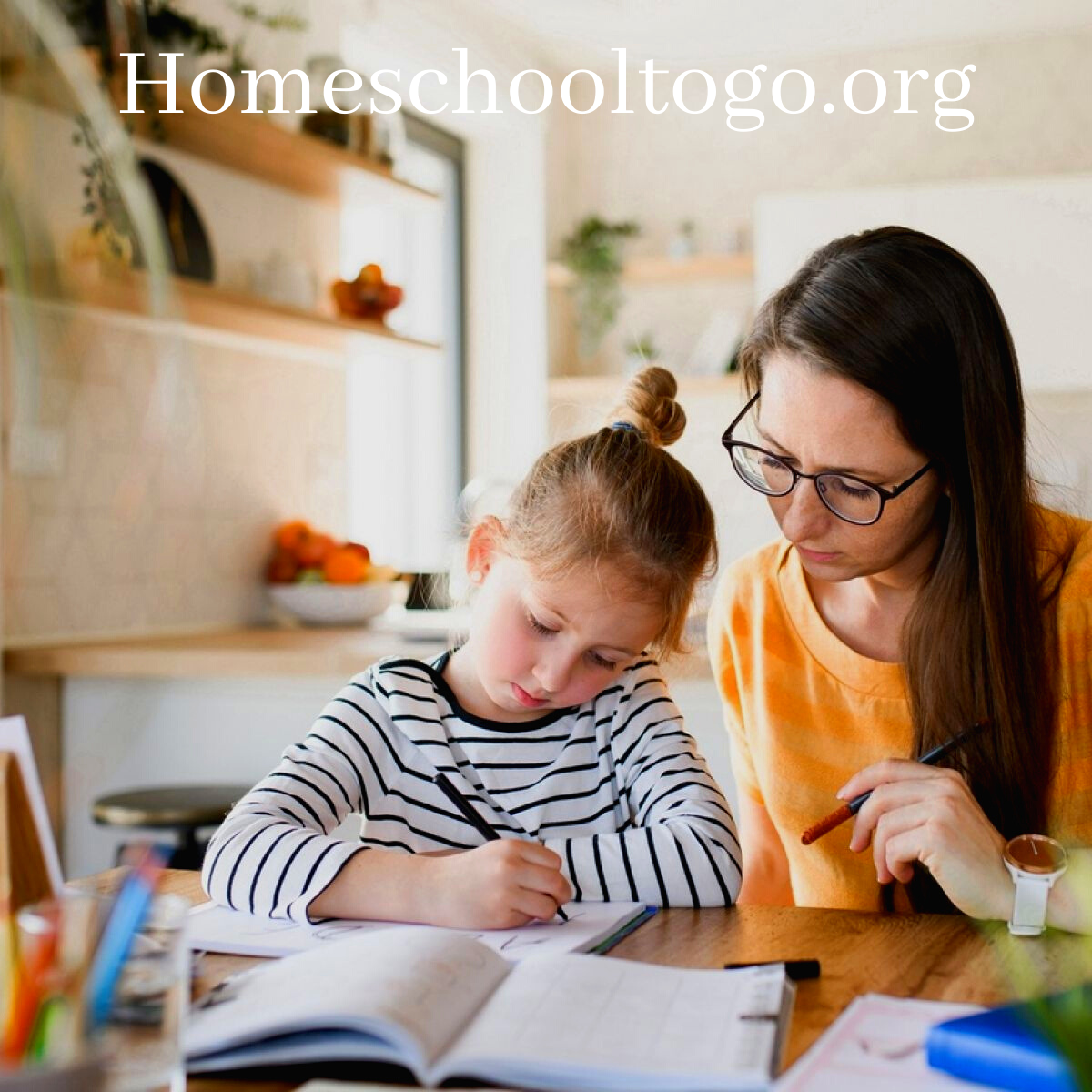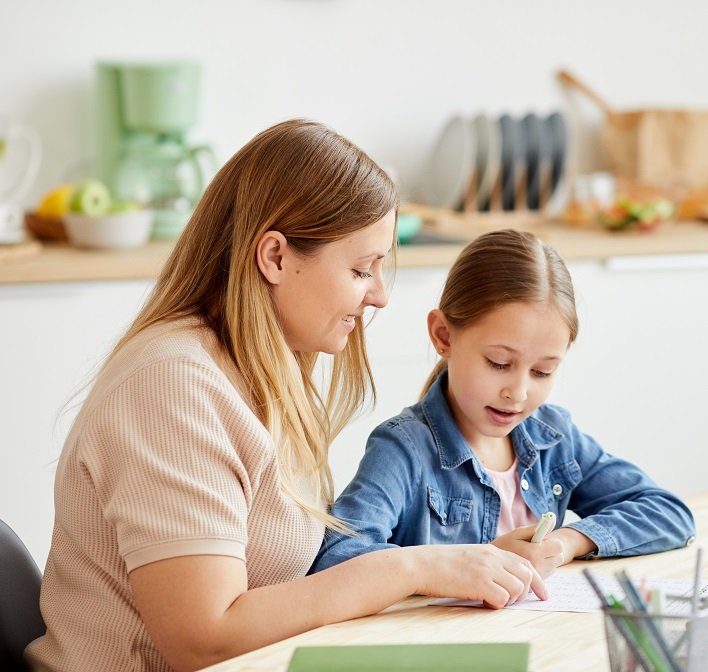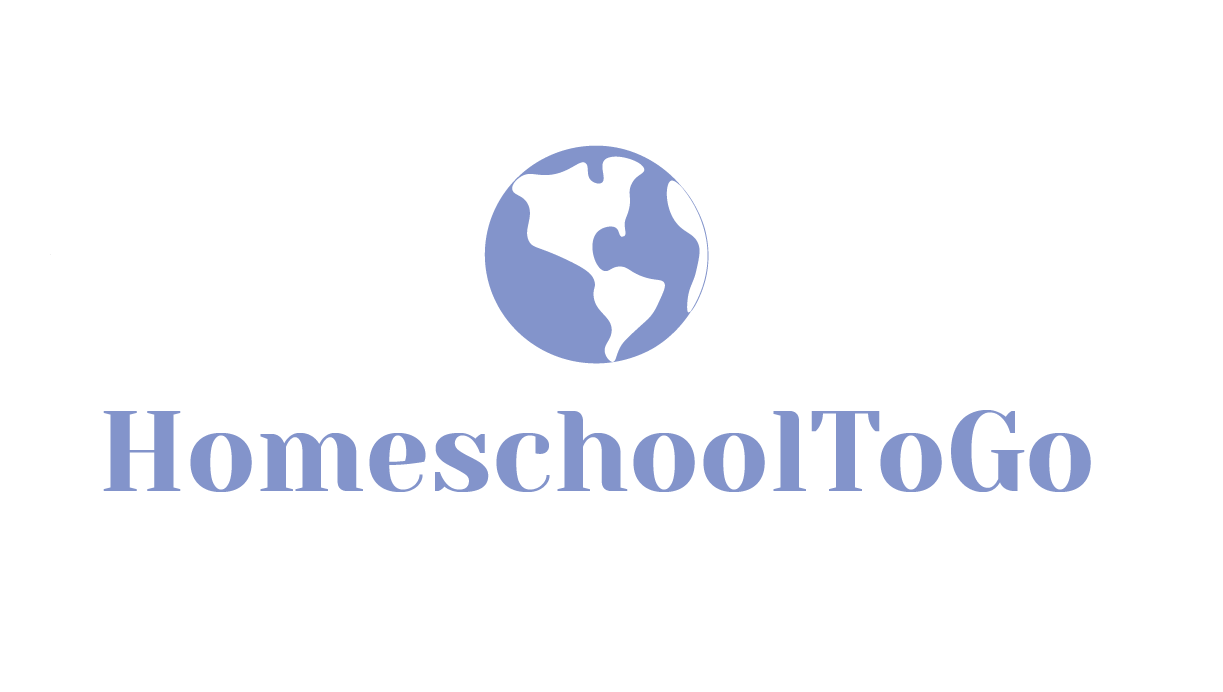Holistic Homeschooling is a Viable Educational Option | HomeschoolToGo

Superscript
The three basic aims of education in New Zealand are to educate students in academic and practical knowledge and skills, values, and citizenship skills (socialization).

How Bilingual Homeschooling is Beneficial for Future Success? | HomeSchoolToGo
Norwil Matthew

Benefits of Bilingual Education:
People who believe in bilingual education already know this, but now the scientific community agrees. Bilingual education is suitable for kids in many ways. Some of these benefits:
A better executive function and protection from cognitive decline and dementia are benefits of having a healthy brain.
People who speak more than one language have more options for college. They can choose which university to apply to, in which country, based on the languages they speak.
Because speaking a second language can make a candidate stand out to potential employers, it can open up more job opportunities.
It will be easier to learn more languages if you know two.
Because being bilingual is more than just learning a language. It also means learning about another culture and another way of living.
Getting a head start on social and emotional skills like reading social cues and showing empathy is a good idea.

These benefits can be seen in real life, but what are they like?
How will these benefits look for my child in the long run? How would you answer that? Because each person is different, these benefits will show up differently.
The process of learning a new language is easy for young children. In preschool, they have a safe, nurturing, hands-on place to play, learn, and grow. Children learn the language very quickly because our curriculum is based on questions. Kindergarten is all about teaching kids how to be confident and independent learners. Learning how to find and use your unique voice is an excellent time for students in school! Elementary school students keep going on the path they started in Preschool and Kindergarten by connecting their own experiences to classroom lessons. Language learning is taught in a more organized way and is linked to what is going on in the classroom.
After they finish our program, many of our alumni study languages in middle school, high school, and even college. People who go to school with us often stay in touch and tell us their good news. We are delighted to write about them on our blog and newsletters. It's great to follow our blog and find out more about our programs and different language and educational tools.
Case Study
Chris Munjar, a GIS alumnus, says that a trail leads to where he is now that can be traced back to GIS. To get to this point in his life now, Munjar had to go through many hardships as a child. He went to the German International School, where he learned about the world around him, for many years. Munjar studied German at GIS from 2000 to 2006, and he says that if he hadn't gone there, "his current outlooks would be very different." He says that if he hadn't gone there, "his current outlooks would be very different."
This fall, Munjar will be going to Vienna, Austria, to study how different surfaces affect the growth of bacteria. Linfield College said this in a press release. He applied to the Fulbright Program in Austria because he had already studied German at GIS and spent time studying abroad in Austria during his college years.
He says, "I'm currently taking steps to become a professor of organic chemistry, and Fulbright is a way for me to get more teaching and research experience, so that I can be the best professor I can be."
They want to follow Munjar's journey as he builds on the work he did at GIS a long time ago. This is wishing him the best of luck as he pursues a Ph.D. in Organic Chemistry and teaches at the university level. This word is most relevant here.
How Do Bilingual Homeschooling Change Children? | HomeSchoolToGo
Norwil Matthew

Having a child Bilingually Homeschooled gives parents more control over their child's education and offers students the chance to learn in a setting that may be better for them than a traditional school setting. While some groups, like the National Education Association, don't like Bilingual Homeschooling, research shows that educating your child at home doesn't usually hurt her.
Academic Achievements
On average, Bilingually Homeschooled kids do better on standardized tests than kids who go to school. In 2010, the Department of Education said that homeschoolers tend to have better grade point averages, ACT scores, and graduation rates than students who go to school. Homeschoolers also do well in academic competitions, like spelling bees and geography bees, and it is not unusual for them to do very well. For example, ABC News says that a Bilingually Homeschooled student won the Scripps Howard National Spelling Bee in 2013, which took place in 2013. More than 10% of the finalists in the competition were Bilingually Homeschooled.
Implications for the development of society
When people don't understand Bilingual Homeschooling, they make the mistake of thinking that Bilingually Homeschooled kids don't have good social skills. Bilingual Homeschooling is the best option to protect your child from being bullied, getting drugged, or being harassed by other kids who aren't his friends. According to the Family Education website, a child who spends more time with their parents than with their friends is more confident and has more self-respect and self-worth. The site says that independent studies show that homeschoolers are more socially "well adjusted" and less likely to have behavioral problems than students who go to school in a traditional setting. After-school clubs, scouting groups, groups for homeschoolers, and classes and clubs around the community are all excellent places for a homeschooler to meet new people who aren't her friends.
Independent Thinking and Self-Esteem
There isn't the same kind of peer pressure and teasing in a Bilingual Homeschooling setting as in a classroom. This means that a student is more likely to think for himself and develop his ideas. It turns out that during school, a student can pay more attention to learning than things like his clothes, fitting in, or bullies. In Family Education, they say Bilingually Homeschooled kids have better self-esteem because they don't have to deal with the judgment of their peers. This is because they don't have to deal with the pressure of their peers. Bilingually Homeschooled children don't live by the trends that other people are following. The values that you teach them to make their lives different from other people's lives.
Leadership and involvement in the community
Kids who are Bilingually Homeschooled are more likely to get involved in their communities than kids who go to school in a traditional classroom, according to KidsHealth.org. There are many reasons for this, such as learning by doing at places like museums and parks. When you write a
Bilingual Homeschooling curriculum
, you can let your child do community service projects, go to the polls, go to church, and do service learning projects without having to worry about school schedules or homework. Adults who were Bilingually Homeschooled as a child or teen are more likely to help their communities, go to public meetings, and vote than people who traditionally went to school.